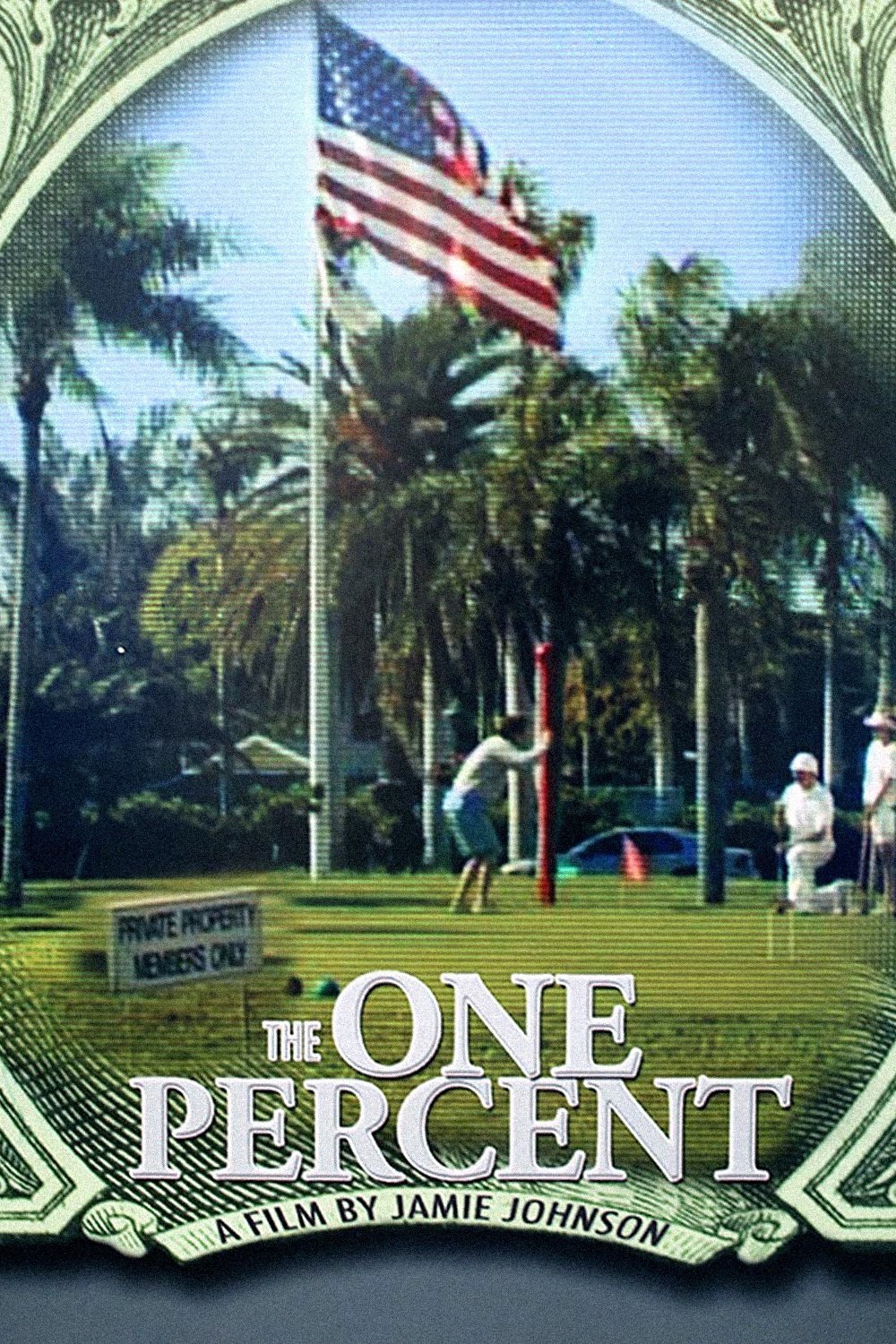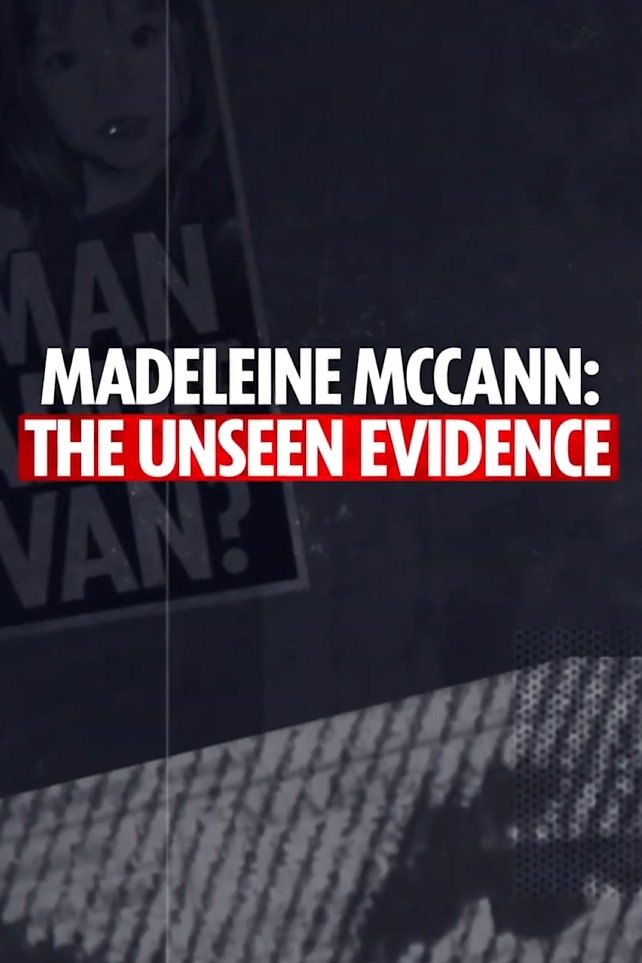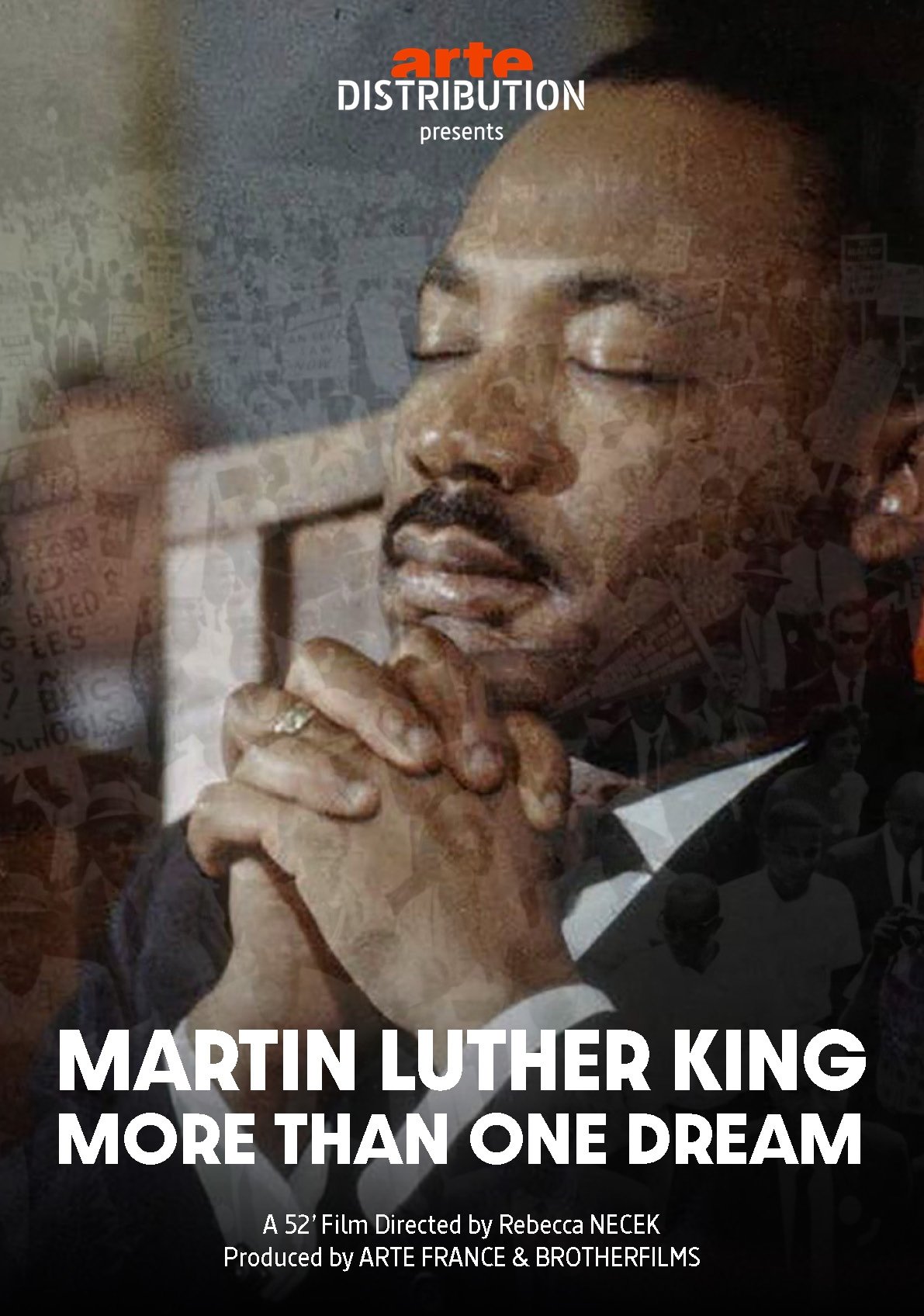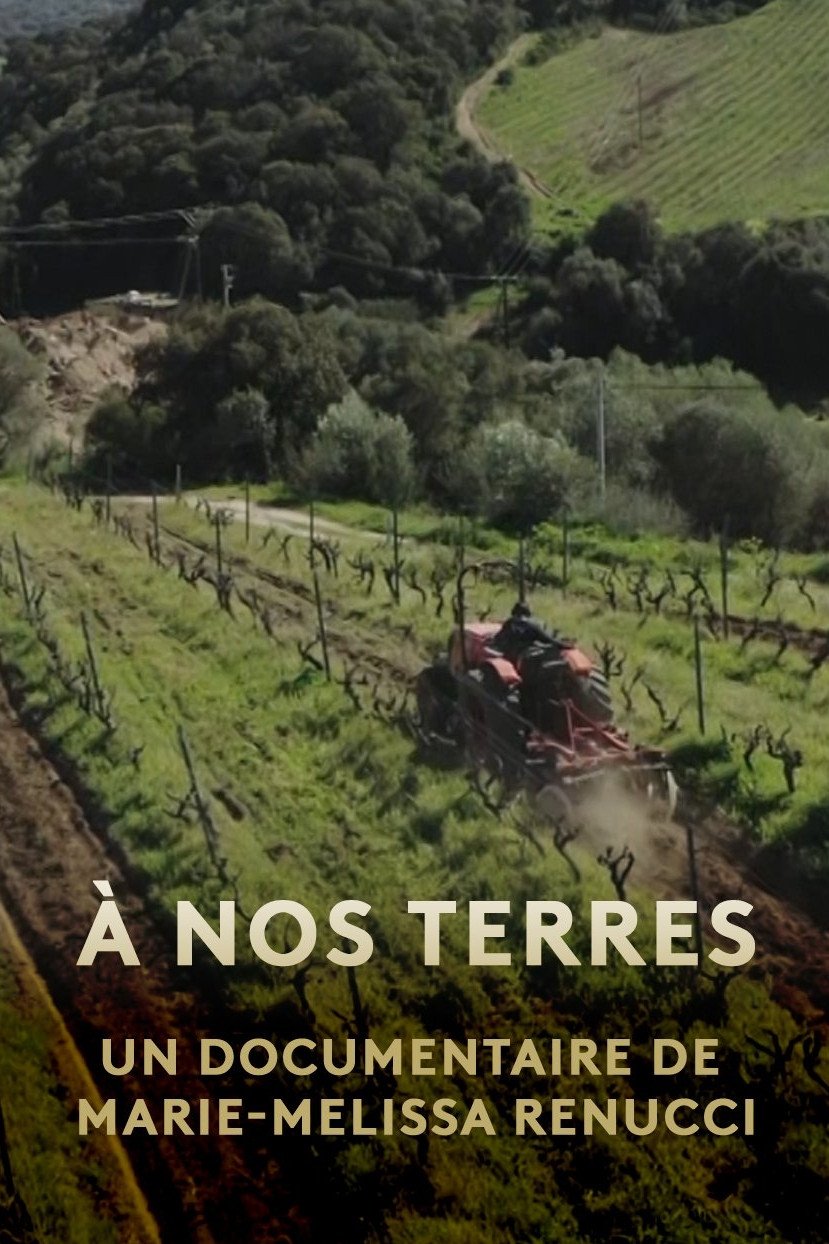Appunti per un romanzo sull'immondezza (1970)
• February 2nd, 1970 • 1h 25min
Documentary
Overview
In the spring of 1970, between the African Orestiade and The Decameron, Pasolini shot a film for which he wrote a commentary in verses but never finished editing. The film was born as a typical Pasolini intervention: filming the strike of the garbage collectors in Rome, who at the time worked in dramatic health conditions, and filming the humility of their daily work, amidst the waste and scraps of society, in the squares and in the streets. Pasolini also filmed the faces of garbage collectors engaged in claims discussions and the result was an extraordinary anthropological picture of an unknown humanity.
Make sure to check your pop-up blocker!!
Trailer
Similar Movies

The One Percent
Released on: 2006-04-29
Documentary
Jamie Johnson takes the exploration of wealth that he began in Born Rich one step further. The One P...

Women, Maasai and rangers - The lionesses of Kenya
Released on: 2022-11-06
Documentary
Leah and Purity are rangers in the Kenyan bushland. They roam around Amboseli National Park every da...

Say My Name
Released on:
Documentary
People from different ethnic backgrounds with "difficult" names by Western standards share their exp...

Madeleine McCann: The Unseen Evidence
Released on: 2025-05-07
Documentary, Crime
Documentary following an investigation by The Sun into Madeleine McCann's disappearance, which uncov...

Martin Luther King: More Than One Dream
Released on: 2022-09-01
Documentary
The real dream of the American pastor Martin Luther King was never limited to civil rights. He hoped...

In My Genes
Released on: 2009-04-01
Drama, Documentary
Agnes may not seem like someone with much to laugh about. For one thing, she has albinism - a lack o...

VHS Revolution
Released on: 2017-08-28
Documentary, History
Using testimonies by pioneers and witnesses of the times, delve into the feverish visual culture the...

Le Temps de cerveau disponible
Released on: 2010-03-17
Documentary
Cruelty, psychological and sexual violence, humiliations: reality television seems to have gone mad....

Fog in February
Released on: 2024-03-29
Documentary, History
On the eve of the publication of a biography of Claude Jutra, one of the most famous and celebrated ...

Pitch Black
Released on: 2023-10-28
Documentary, Drama
Pitch Black takes us inside the claustrophobic worlds of three young men immersed in the online blac...

A castle with red walls
Released on: 2019-11-11
Documentary
This movie is about an Iranian filmmaker called Davood Roostayi, whose all movies ( more than 100 mo...

Bias
Released on: 2018-10-07
Documentary
"Bias" challenges us to confront our hidden biases and understand what we risk when we follow our gu...

Elon Musk’s Twitter Takeover
Released on: 2023-10-10
Documentary, TV Movie
Compulsive Twitterer, Elon Musk bought himself his favorite social network in 2022, and brutally sha...

Who I Am Not
Released on: 2023-03-12
Documentary
Sharon-Rose Khumalo, a South African beauty queen, faces an identity crisis after discovering she's ...

India Cabaret
Released on: 1985-01-02
Documentary
An exploration of the 'respectable' and 'immoral' stereotypes of women in Indian society told from t...

Waiting for Farajallah
Released on: 2019-05-01
Documentary
We are taken behind the scenes of a play in-the-making: The play is Samuel Beckett’s WAITING FOR GOD...

Polanski, Horowitz. The Wizards From the Ghetto
Released on: 2021-08-20
Documentary
Filmmaker Roman Polanski and photographer Ryszard Horowitz meet in Kraków, Poland, where, strolling ...

Brains in Danger
Released on: 2017-11-11
Documentary
For the past 20 years, the world has seen an alarming decrease in IQ and a rise of autism and behavi...

